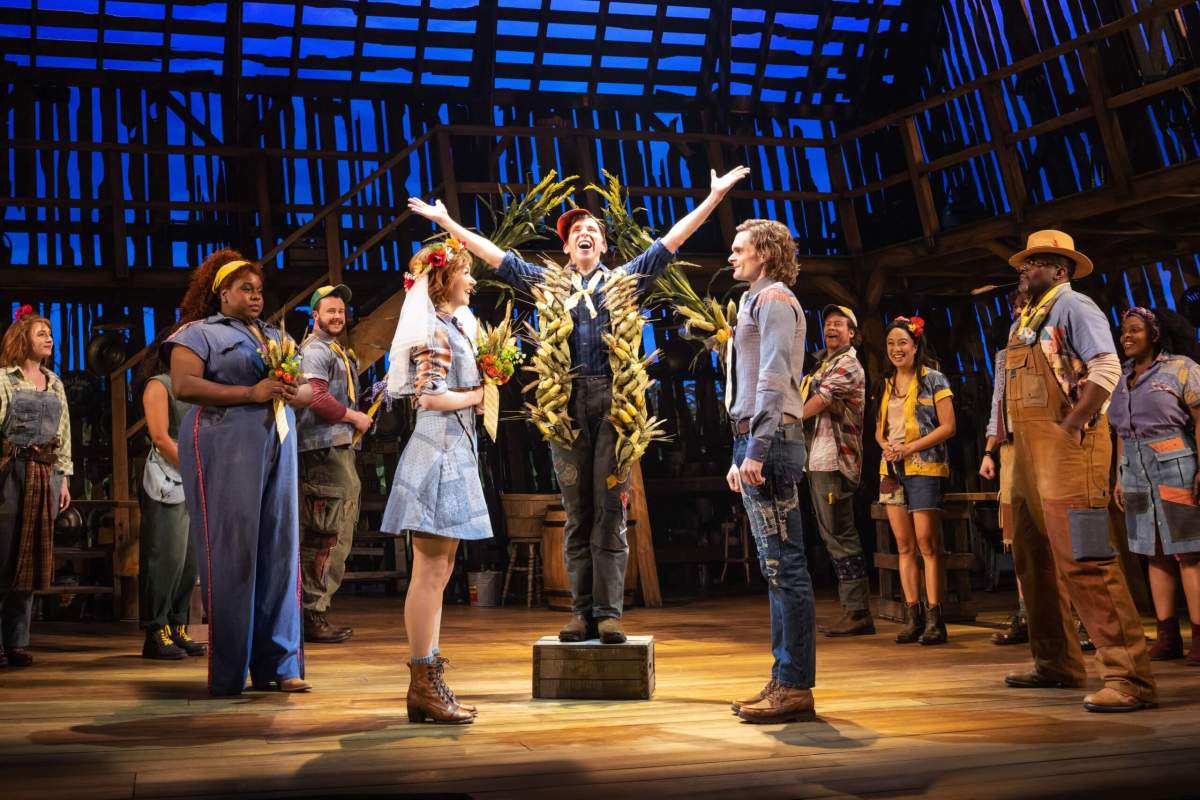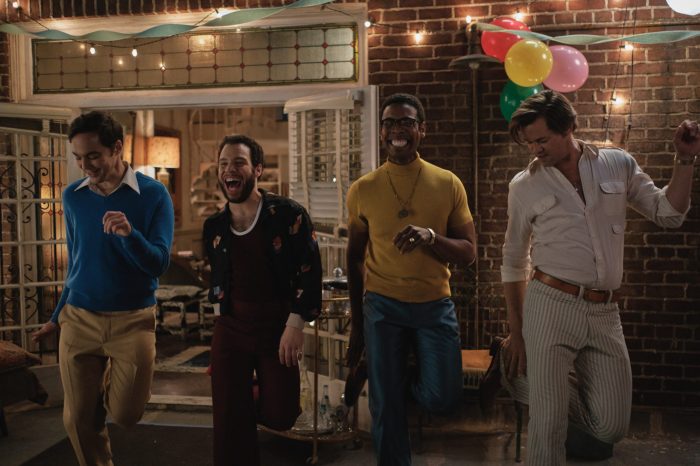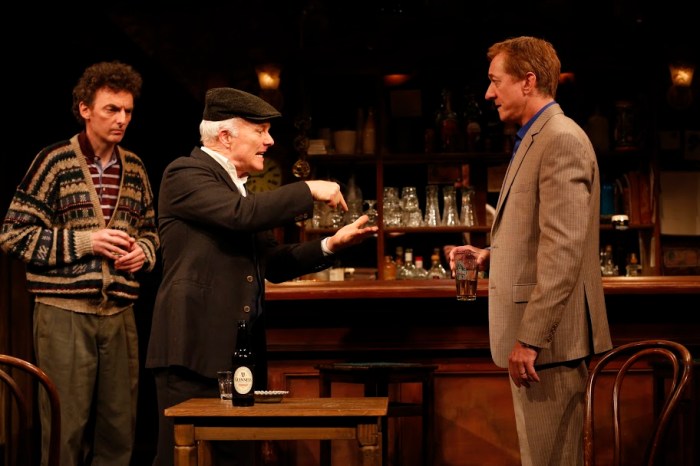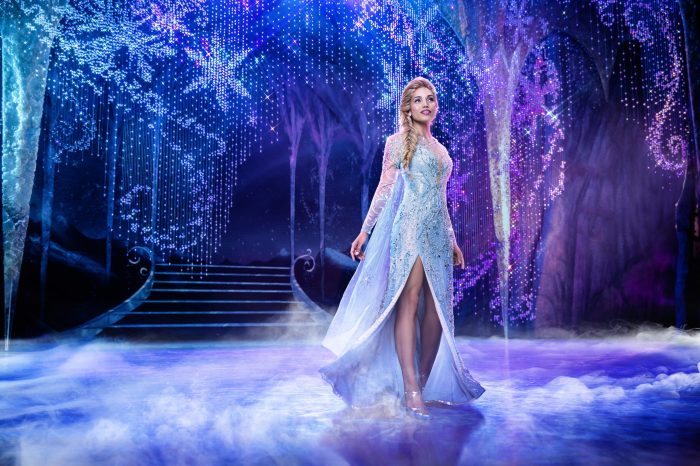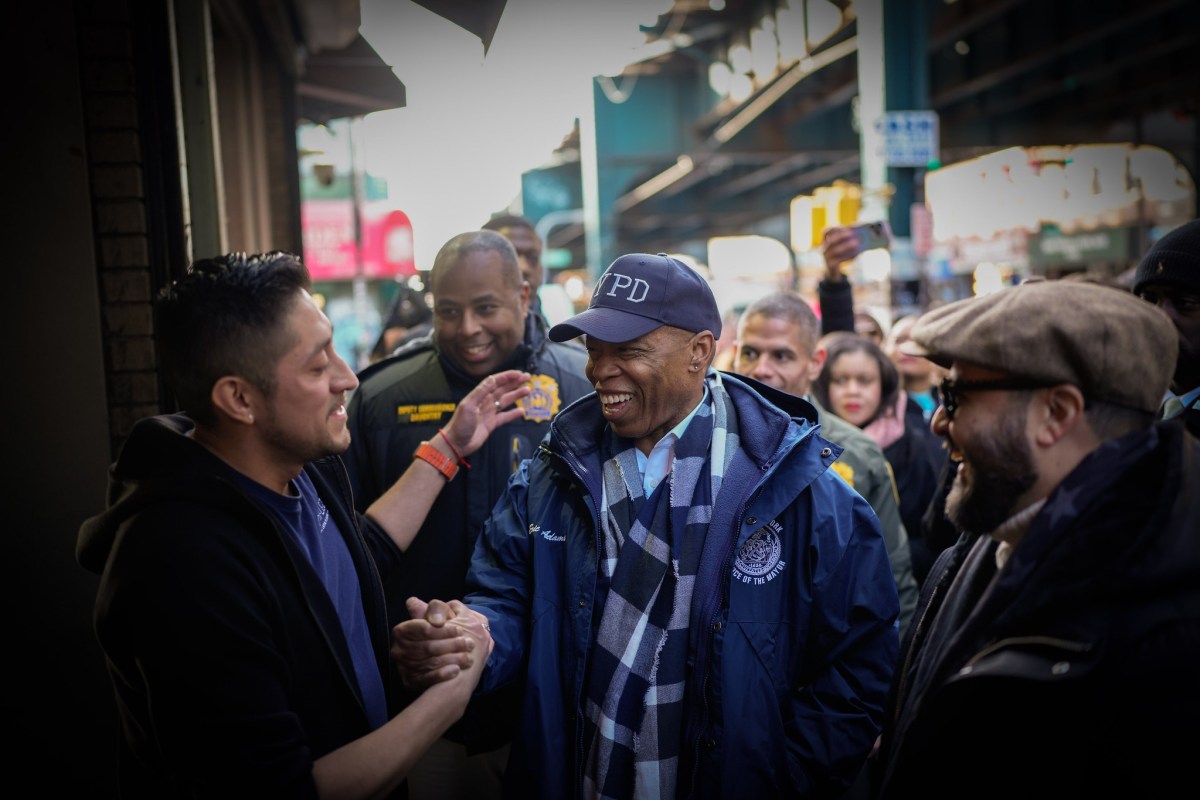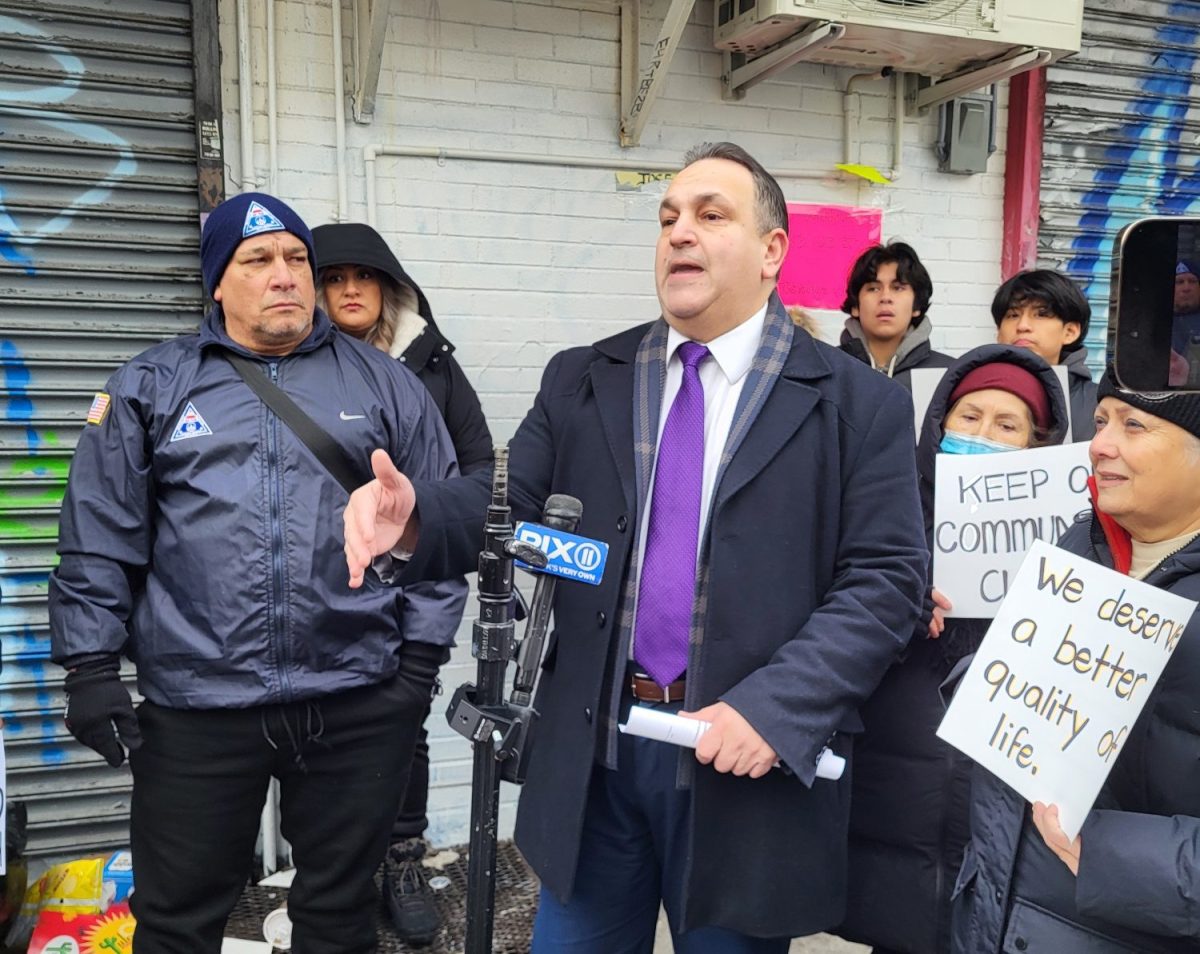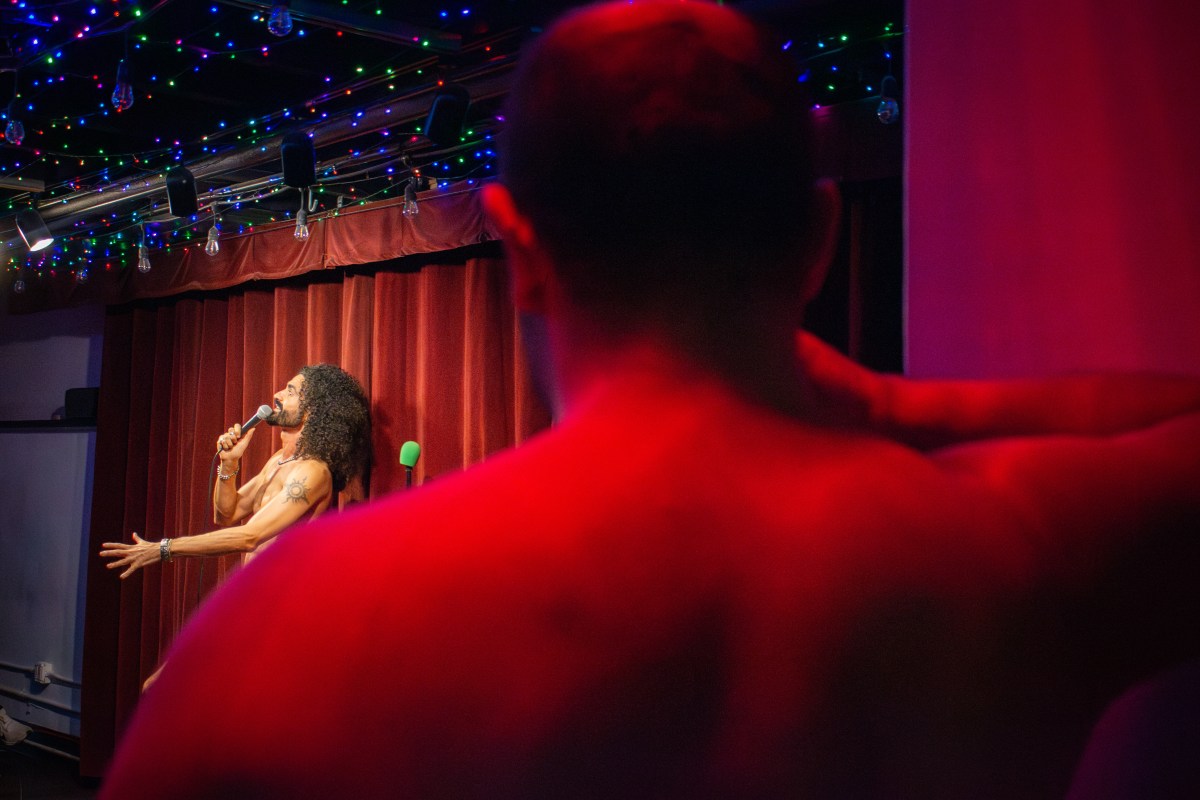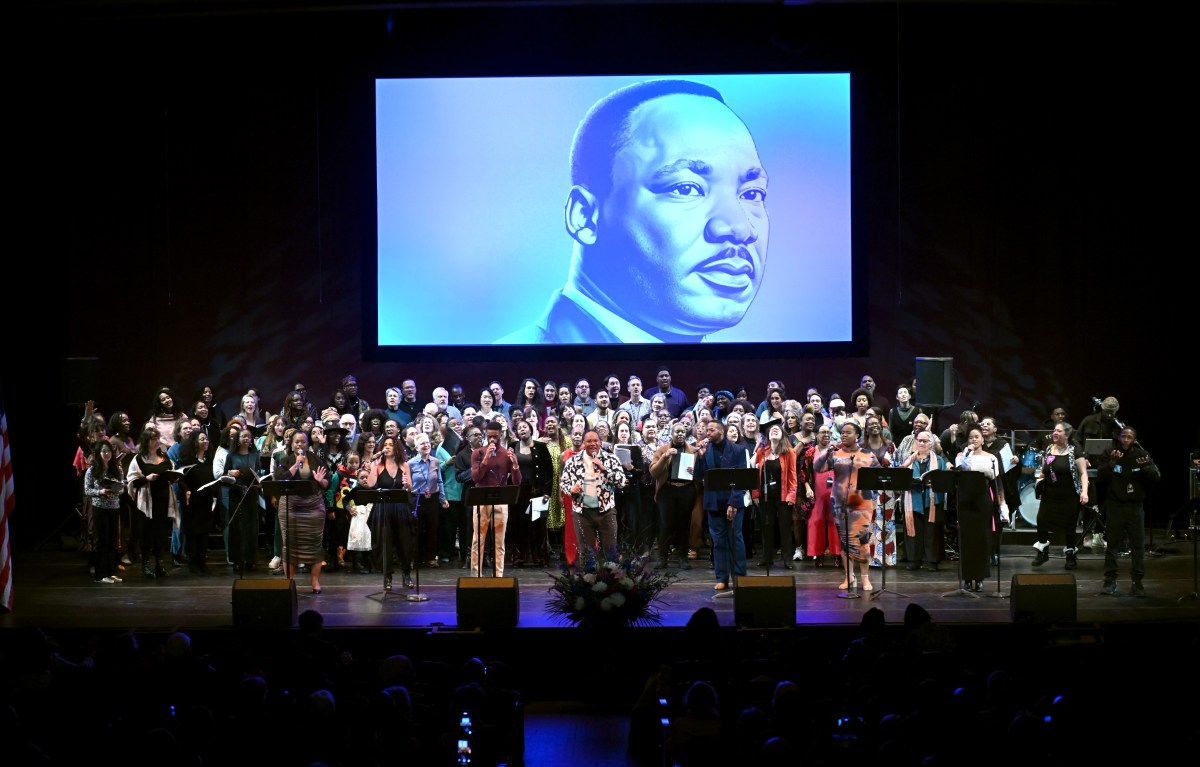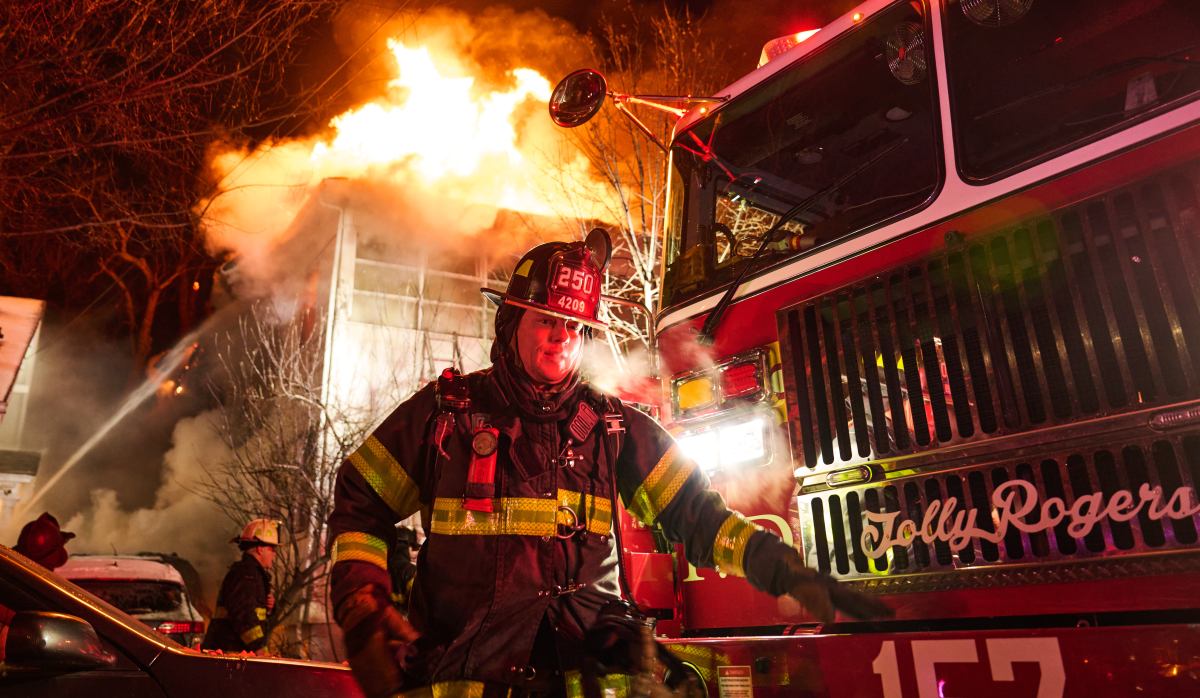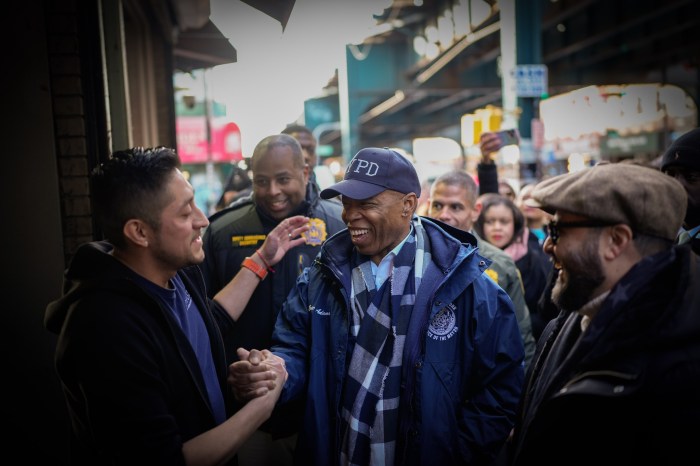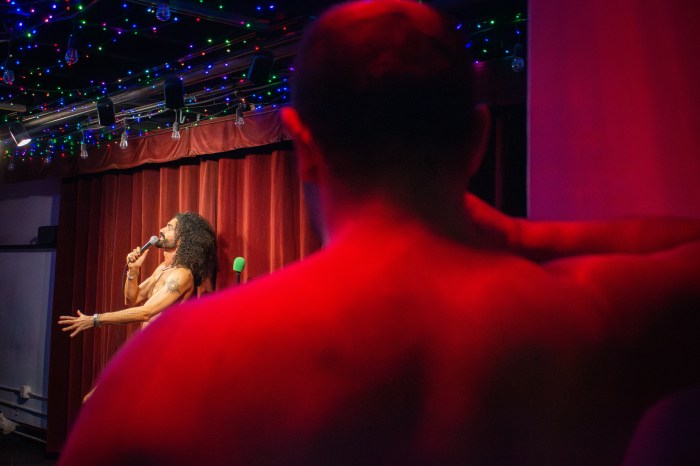The announcement of the Tony Award nominations on Tuesday, May 2, just happened to coincide with the start of the ongoing strike by members of the Writers Guild of America (WGA). Two weeks ago, at the end of my article discussing the nominations, I mentioned the possibility that the strike could potentially upend the awards broadcast on Sunday, June 11.
Unfortunately, that possibility has now come to pass. On Friday, the Hollywood Reporter broke the news that the WGA had denied a request from the organizers of the Tony Awards for a strike waiver.
Because it is believed that the WGA would picket the awards ceremony (which was to be broadcast on CBS and Paramount Plus) if it went forward, and Broadway artists (nearly all of whom are union members) would almost certainly refuse to cross the picket line, a televised ceremony cannot happen on June 11 unless the strike quickly ends or the WGA changes its mind about granting a waiver.
According to multiple outlets, the Broadway League and the American Theatre Wing (which co-present the Tony Awards) are currently considering postponing the Tony Awards until after the strike ends and/or announcing the awards on June 11 in an informal format, such as when the Golden Globe winners were announced during a press conference in the midst of the 2008 WGA strike.
There may not be much appetite for a postponement, especially after the extremely awkward 2021 awards ceremony honoring the truncated 2020 Broadway season, which was held in September (rather than June), featured few live performances, and experienced the lowest television viewership in Tony Awards history. On the other hand, announcing the awards without any fanfare is unlikely to generate much publicity.
This could not have come at a worse time for Broadway, which is still in a financial recovery mode following the pandemic shutdown and the Omicron variant (which caused numerous shows to cancel performances and sustain severe losses).
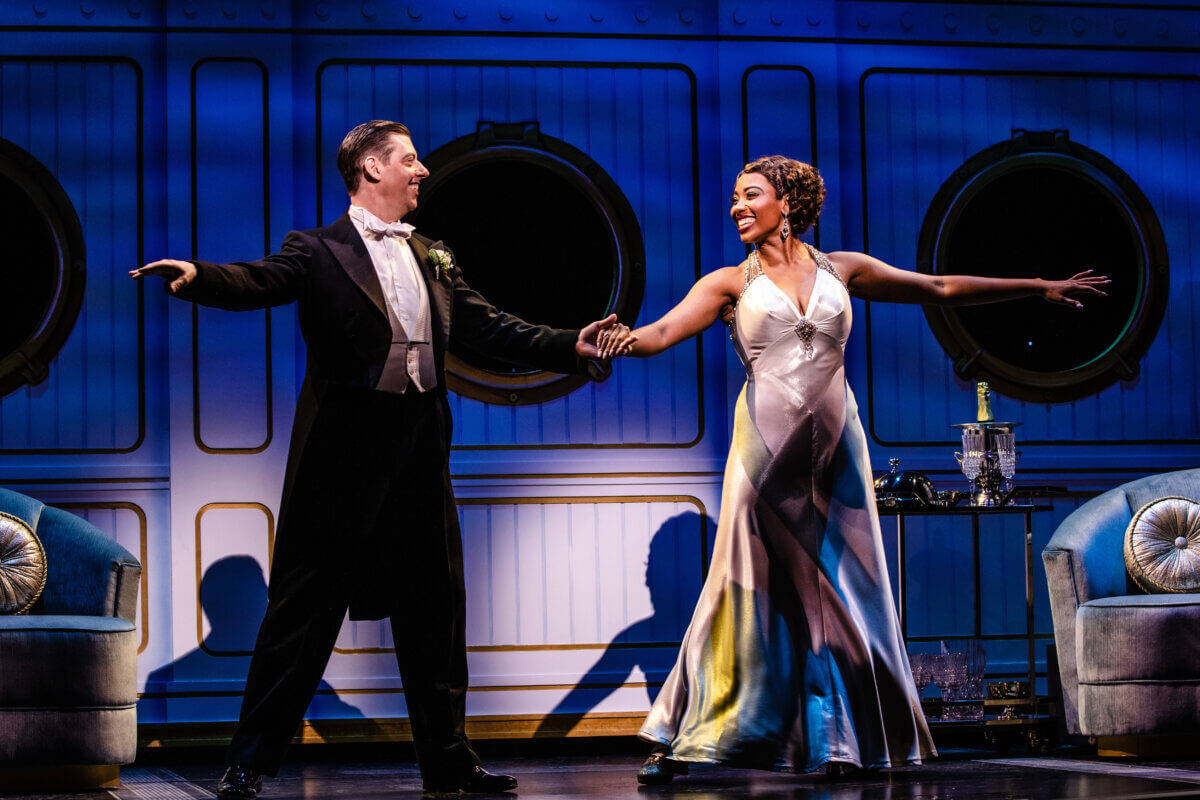
Three productions nominated for Best Musical – “Some Like It Hot,” “Shucked,” and “Kimberly Akimbo” – are underperforming at the box office and need the publicity that comes from performing on the Tony Awards and, if possible, winning major awards, in order to stay afloat.
The marketing value of the Tony Awards has come under question in recent years, with ratings diminishing considerably over time and many producers questioning whether a performance on the broadcast justifies the costs, which can reach hundreds of thousands of dollars for a big musical with a big cast.
However, the Tony Awards is a storied tradition and a unique opportunity when Broadway can reach a mass audience. A live performance on the Tony Awards is a lot more appealing and newsworthy than B-roll footage uploaded onto YouTube. It is also an opportunity to celebrate and encourage excellence in the theater.
Another victim is the United Palace, a historic theater in Washington Heights, which was set to host the Tony Awards for the first time.
On social media, theater artists have been careful to balance their regret over the situation with unequivocal affirmations of support for the WGA.
“I stand in full solidarity with the WGA, but I also recognize that the cancellation of the Tony Awards broadcast hurts my community immensely,” Douglas Lyons, a playwright, WGA member, and actor (who is currently appearing in the Broadway revival of “Parade”), wrote on social media. “It’s tricky. People are allowed to be mad because the Tony’s are the biggest worldwide commercial to keep the box offices of our struggling industry afloat. It’s a huge night for the future and sustainability of thousands (of) jobs in the Theatre.”



